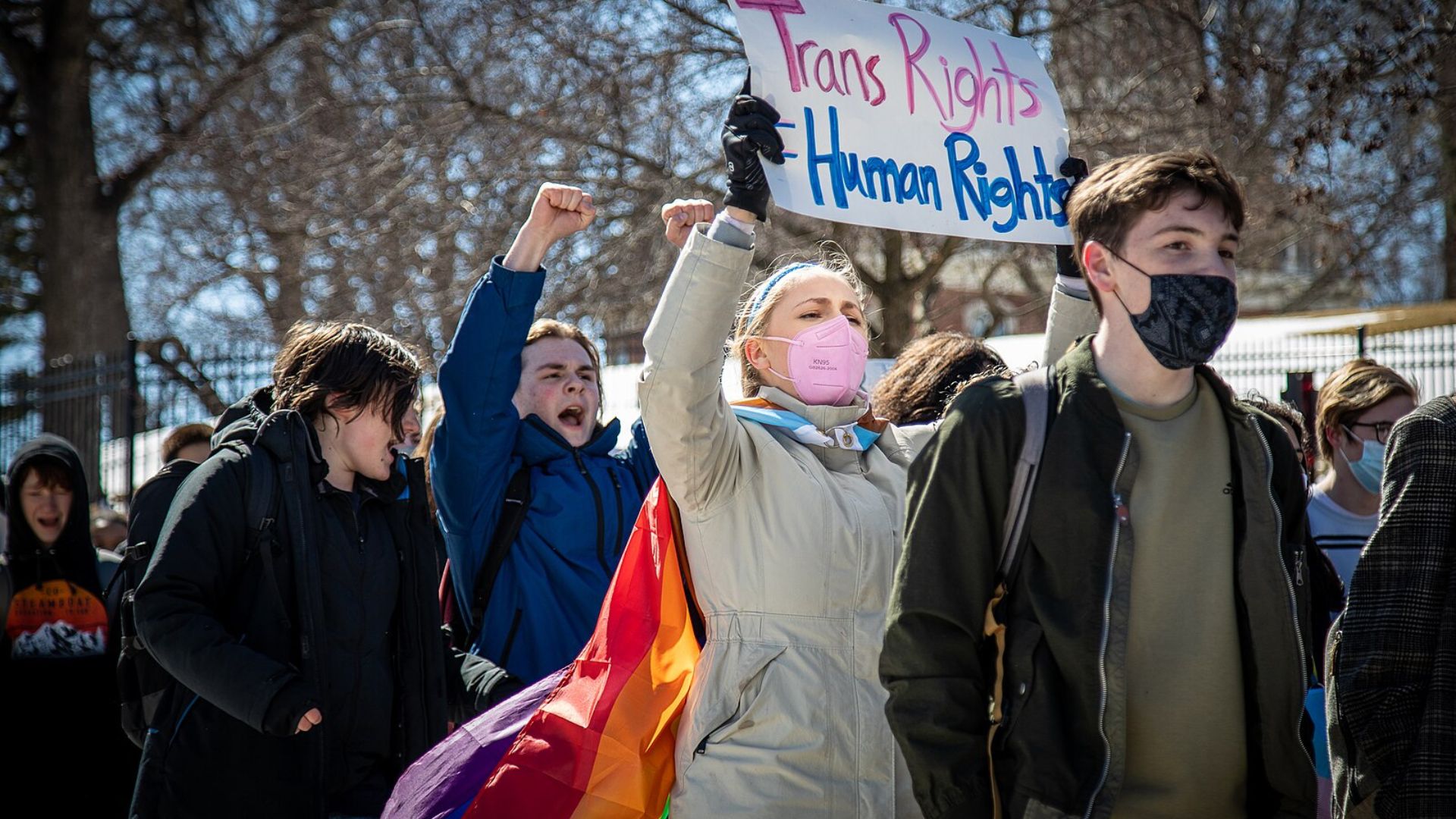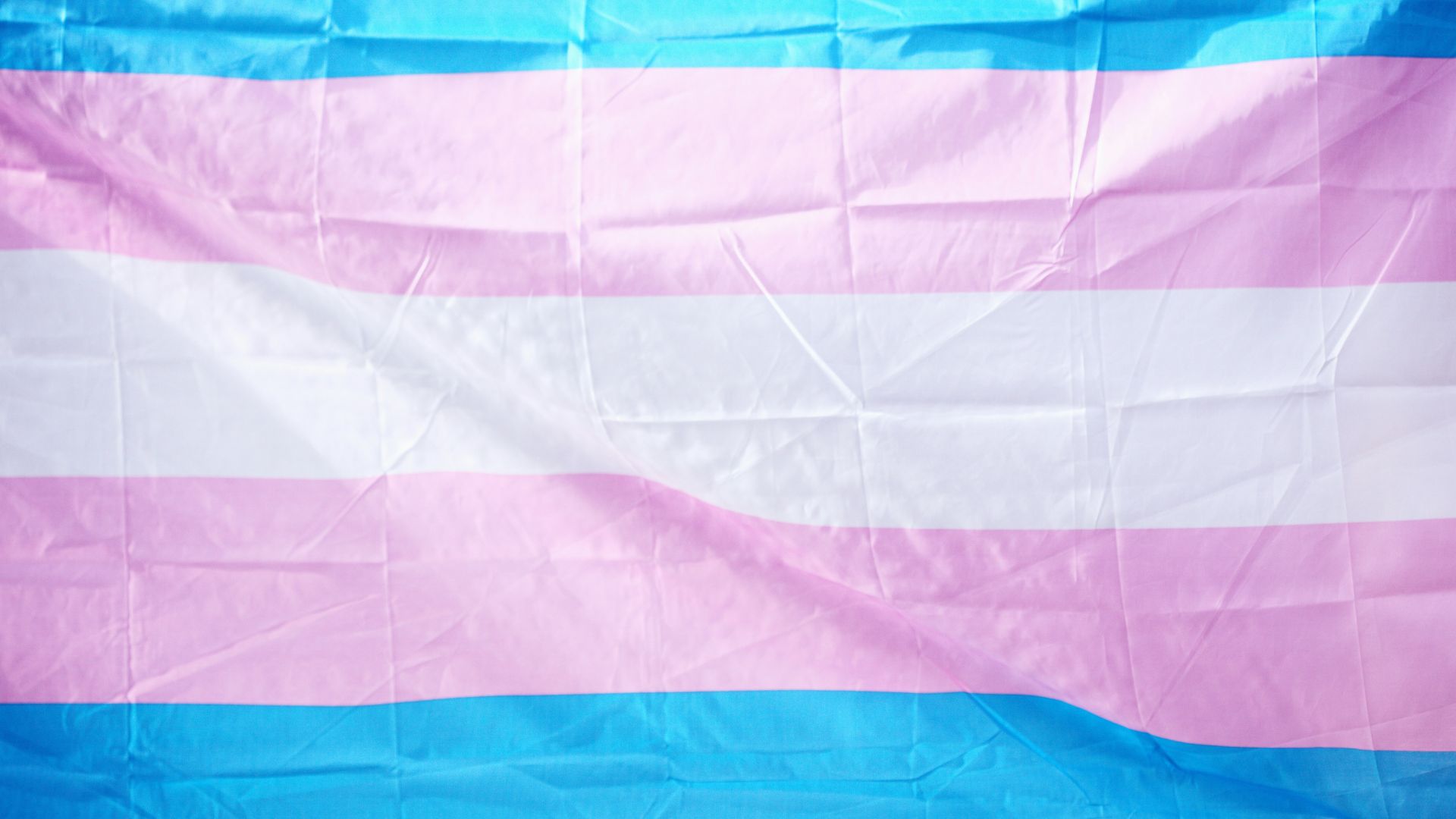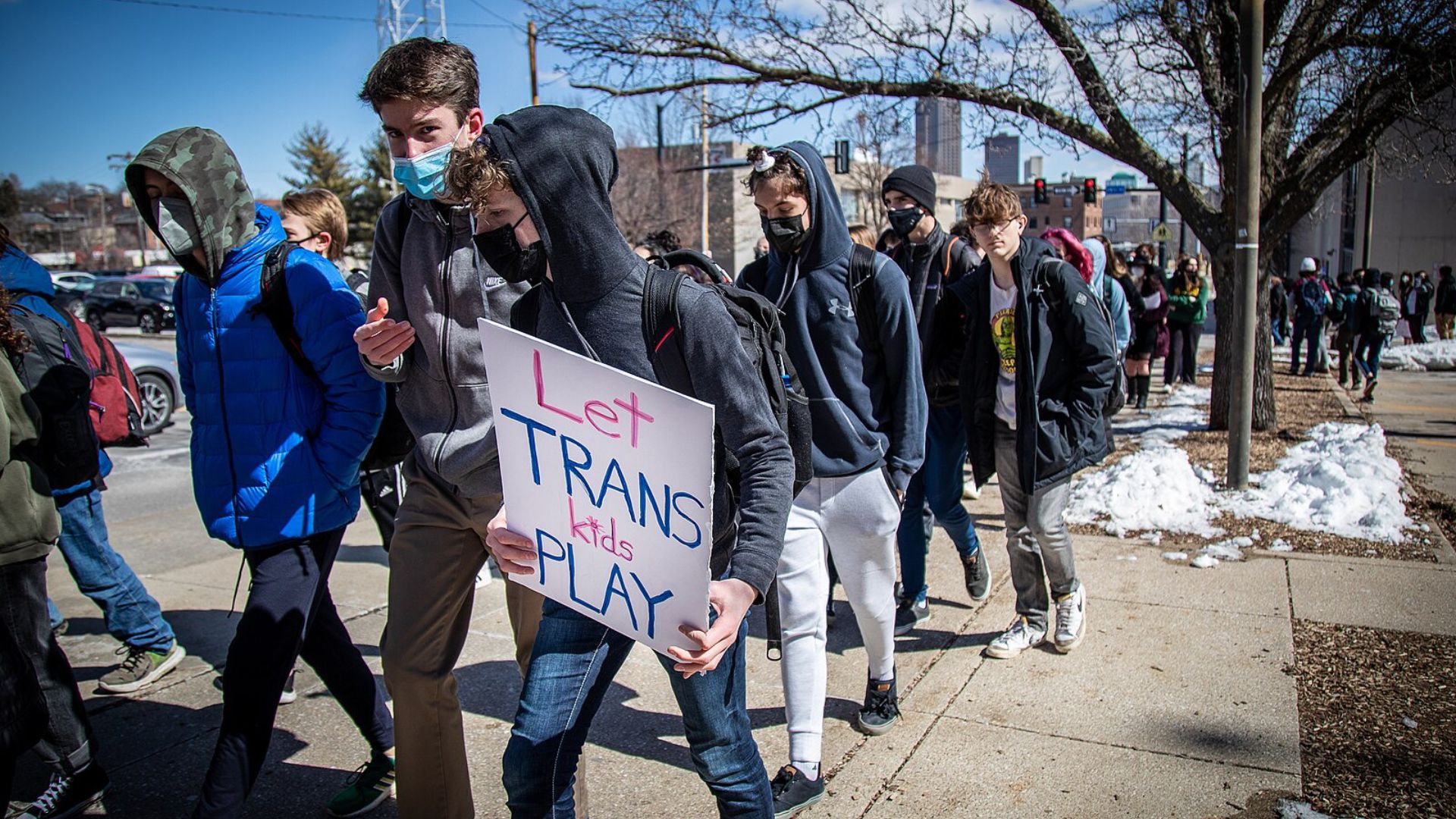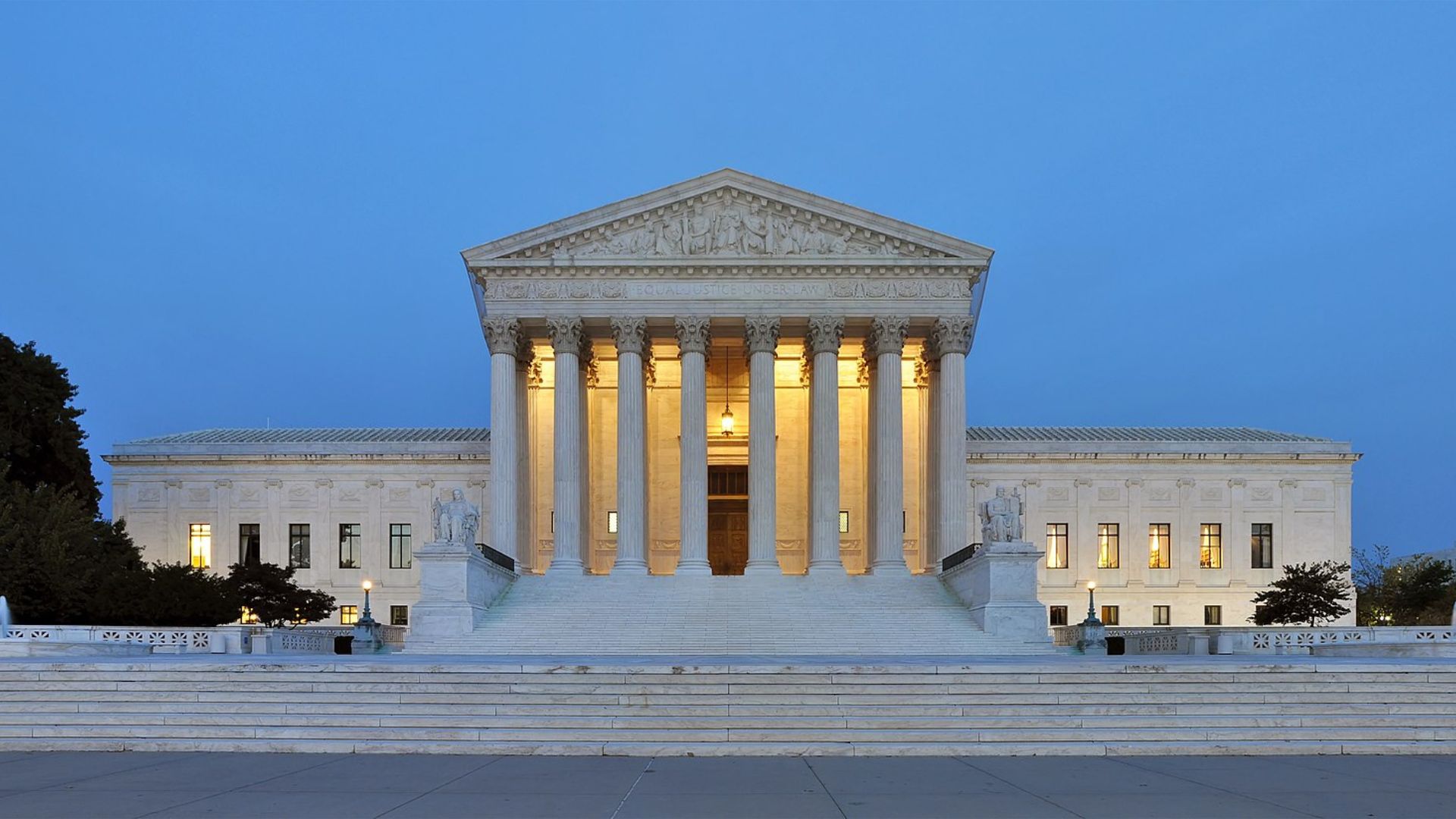This term, the Supreme Court will delve into a pressing legal issue as it reviews state bans on gender-affirming care for minors.
The focal point of this review is Tennessee’s restrictive law, raising questions about the Equal Protection Clause of the 14th Amendment and its application to transgender minors seeking medical treatments.
A Nation Divided

At a time when Republican-led states are enacting strict measures on transgender issues, the Supreme Court’s decision to hear this case highlights a sharp divide.
These measures range from healthcare restrictions to school sports rules. Meanwhile, the Biden administration and Democratic states are fortifying protections, including new rules to safeguard transgender students.
Breaking Down Tennessee’s Controversial Law

Tennessee’s Senate Bill 1 strictly limits the medical options available to transgender minors by denying them access to puberty blockers, hormone therapy, and gender transition surgeries.
This contrasts starkly with the broader medical freedoms allowed to non-transgender minors.
A Mother’s Heartache and Hope

Samantha Williams shared the painful journey her family has endured, watching their daughter struggle without necessary medical care.
“It was incredibly painful watching my child struggle before we were able to get her the life-saving health care she needed. We have a confident, happy daughter now, who is free to be herself and she is thriving,” she reflected.
A Family’s Tough Choices

Williams voices her fears about the law’s impact: “I am so afraid of what this law will mean for her. We don’t want to leave Tennessee, but this legislation would force us to either routinely leave our state to get our daughter the medical care she desperately needs or to uproot our entire lives and leave Tennessee altogether.”
This testimony underlines the dire consequences of the legislation for affected families.
Thousands Affected in Tennessee

The ACLU, representing the Williams and other families, points out that over 3,000 transgender adolescents reside in Tennessee.
These young individuals and their families are under considerable stress, closely monitoring the legal proceedings and hoping for a law reversal that would restore their access to necessary medical treatments.
A Clash of State and Federal Visions

Tennessee officials defend their legislative right to set medical standards independently, a stance that embodies the broader state versus federal rights debate.
This legal argument positions state sovereignty against alleged violations of federal constitutional protections, a fundamental conflict at the heart of the case.
A Nationwide Issue

The legal landscape is cluttered with similar restrictions across the U.S., with 25 states enacting laws that mirror Tennessee’s.
Notably, some of these laws in states like Florida, Ohio, and Montana are on hold due to ongoing legal proceedings, reflecting a national uncertainty over the future of transgender healthcare rights.
The Power of Hormone Therapy

Scientific research, including studies published in the New England Journal of Medicine, supports the mental health benefits of hormone therapy for transgender adolescents.
Supporters argue that this evidence is crucial as it underpins the medical argument against the bans, emphasizing the health benefits these treatments offer.
Medical Community Backs Gender-Affirming Care

Leading medical organizations, including the American Academy of Pediatrics and the American Medical Association, endorse gender-affirming care as both safe and necessary.
This medical consensus is a strong counter to the legislative measures that seek to restrict access to these essential health services.
Advocates Demand Justice

On the announcement day, Kelley Robinson of the Human Rights Campaign highlighted the urgency of the situation.
They said, “Everyone deserves access to the medical care that they need, and transgender and non-binary young people are no exception. These dangerous bans have forced families to make heartbreaking decisions to support their children.”
Anticipating a Landmark Decision

As the Supreme Court gears up to hear this case, the implications are immense. A ruling in favor of the Williams family could dismantle similar bans nationwide, affirming the rights of transgender individuals to receive medically necessary care and reinforcing the protections offered under the Equal Protection Clause.
The outcome will undoubtedly influence the trajectory of transgender rights in America for years to come.
